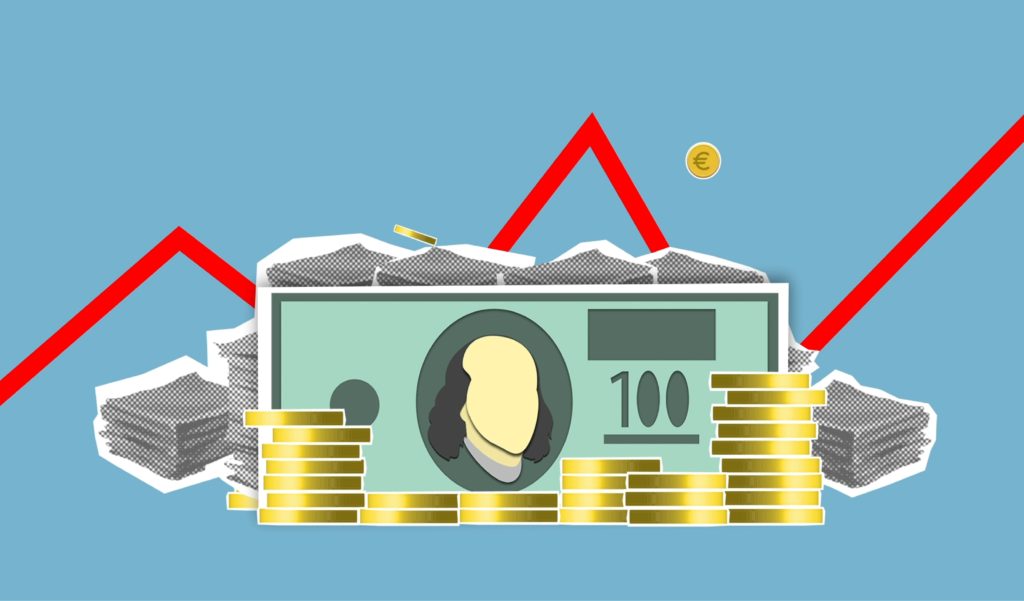WESCAP Q1 2024 Quarterly Commentary: Positive Stock Returns, High Interest Rates, and Recession Fears

Portfolio results for the first quarter of 2024 were generally positive for global stocks. For the quarter, the S&P 500, Russell 2000 (smaller U.S. firms), EAFE index (foreign stocks), and MSCI emerging markets stocks returned +10.6%, +5.2%, +5.8%, and +2.4%, respectively. Most foreign currencies depreciated over the quarter, which accounts for much of the lower returns of foreign based assets. Nevertheless, this helps foreign companies gain future market share over their U.S. counterparts. The EAFE (foreign stocks) currency-hedged index returned 10.5% for the quarter, close to matching the S&P 500. Many WESCAP-selected foreign stock funds employ currency hedging, which proved to be of value the last quarter and for the last few years.
Treasury bonds (Bloomberg/Barclays 20+ Yrs) had a negative 3.8% total return for the quarter and a negative 7.4% return the last 12 months. Long-term interest rates moving up resulted in declines in long-term bond prices. The last few months inflation has not continued its prior downtrend, in turn diminishing expectations of lower interest rates and instead causing long-term interest rates to rise slightly.
Despite higher interest rates, high-yield bonds (Bloomberg) had a positive 1.5% return for the quarter. Reduced recession fears helped these credit-sensitive bonds. Stocks were helped even more by an expectation of better economic and earnings growth. An exception was in REITs (real estate). Higher interest rates and concerns over lagging rents resulted in equity REITs losing 1.3% the last quarter.
Treasury bills produced a positive 1.3% quarterly return (Bloomberg 1-3 mo. U.S. T-Bill index). Money market funds, ultra short-term bond funds, and floating-rate instruments had similar positive returns as well. Annualized yields of 5% to over 6% also provide a reasonable return in a very low risk asset while awaiting other investment opportunities. The Federal Reserve is likely to begin reducing short-term interest rates later in 2024, so we should not expect these relatively high returns to persist much beyond 2024. A shift by WESCAP to other assets (longer-duration bonds and other assets), will also likely begin in later in 2024 or early 2025.
The unemployment rate has risen slightly from a few months ago. Consumer loan delinquencies have also moved up modestly. While not enough to suggest a recession is imminent, it does suggest some caution. Therefore, WESCAP will continue to follow a slightly more defensive portfolio positioning than in the past. Holding a larger-than-typical allocation in lower-risk assets will allow for a pivot into other assets that are not attractive now, but could become attractive within the next year.
As always, please feel free to contact your WESCAP advisor if you would like to discuss any of this further.
